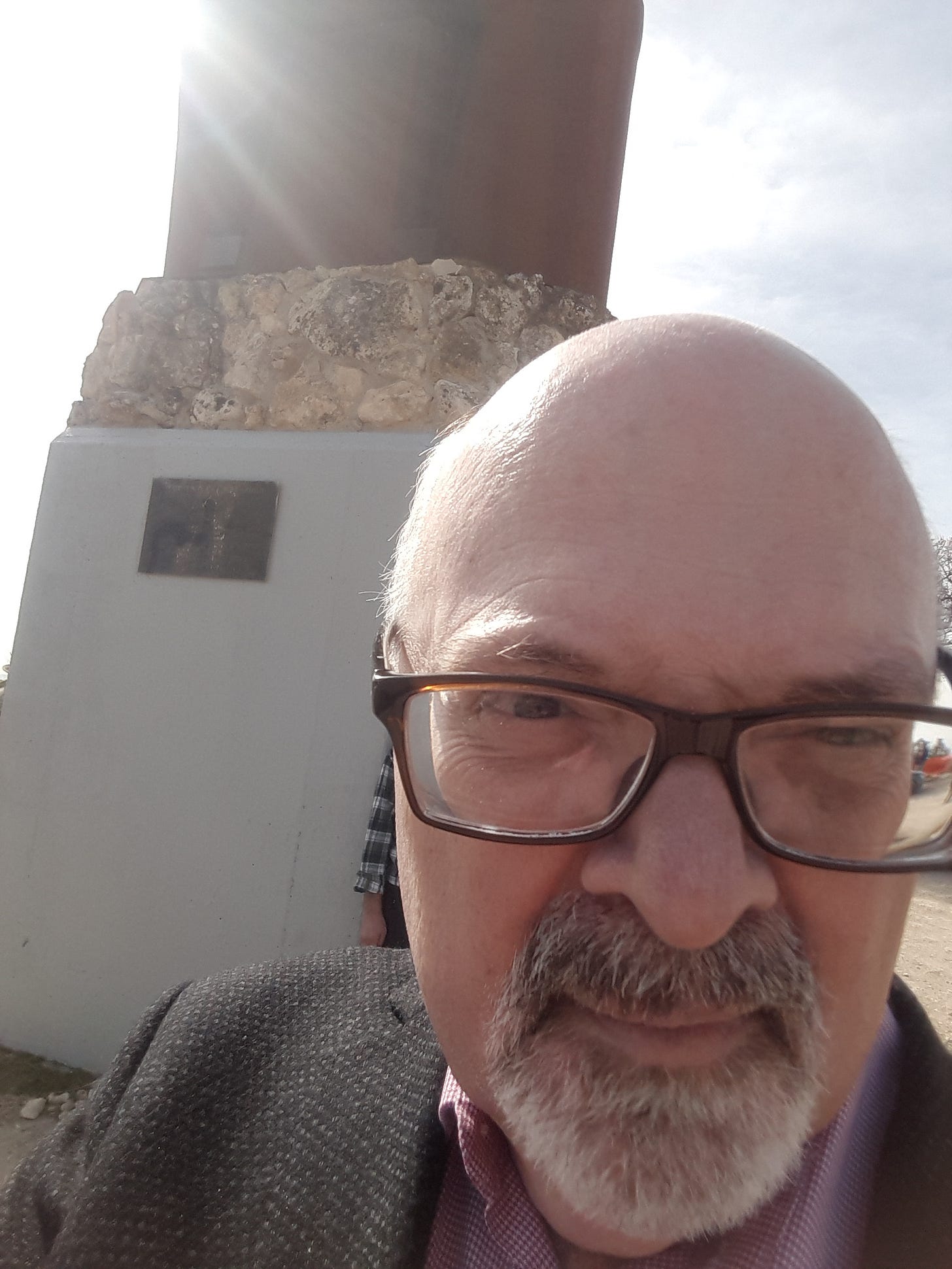Six years ago, spring came early to Europe; February felt like early May in 2019. Under a warming sun, the continent drifted politically, like America and Britain, towards fascism. The majority of citizens weren’t bothered by it, either because they didn’t understand what was happening or because they didn’t have the time to grasp that the lights of post-World War Two democracies were dimming and soon to go dark.
The neoliberal economy had soured, and like the 1930s, right-wing extremism was back in vogue. Intolerance against refugees was not only normalised but celebrated. Xenophobia was no longer considered prejudicial but instead believed to be patriotic. Hate of the vulnerable was now the “common sense” response to a complex crisis that was decades in the making.
In 2019, I was kicking around Europe, running away from grief over the death of my father in 2018. In February 2019, I went to Calais to investigate the lives of refugees who lived in makeshift encampments and wanted to cross the Channel. Britain, they believed, would be more welcoming to them than France.
Between 2018 and 2025, over 150 thousand made the journey from France to the shores of England. Thousands more were thwarted in their attempt to cross, whilst others drowned before they safely reached land.
This refugee crisis is chronic and worsening. Governments are always making it more difficult for those who face oppression in their homeland to find safety in ours.
The desperation of refugees has no sell-by date, as the conditions that create millions of refugees enhance the wealth of the 1%. When I left France for Madrid in February 2019 to attend discussions about the migrant crisis with NGOs, you could still be optimistic that the arc of justice would bend towards mercy for the vulnerable.
In Madrid, I toured Spanish Civil War battle sites outside the city. They were dusty, rocky places with sparse vegetation on hills made pensive from the history that occurred on them. They would have been terribly lonely places to die or be wounded fighting for democracy, socialism or even fascism. Low-dug trenches cut through the landscape. Rusted gun casings were scattered on the hard dirt ground like peanut shells on the floor of a Texas Roadhouse.
The Republicans who fought in these trenches, if they didn’t die or surrender, became refugees in a Europe polarised by fascism that made it unforgiving to the vulnerable.
The history of the Spanish Civil War reminded me that once you have a fascist government, you can’t peacefully vote your way out of it. To wrest a society free from fascism, citizens are arrested, tortured, stripped of their wealth, castigate and die in large nameless numbers. It takes decades of struggle to break the chains of fascism.
The USA becoming overtly fascist in 2025 makes us all- who are vassal states of America slaves to its long, dark shadow of authoritarianism. The morning will not be born unless we earnestly struggle to rid ourselves of the darkness that has overtaken us. It will not come from punditry, corporate journalism, or neoliberal politics. It will only come from us and nobody else.
For me, rent day approaches like the headlights from a truck with an unsteady load on its trailer. I feel stuck in the middle of the road, transfixed by it, or perhaps I am too tired to react this time and jump out of its way.
Your subscriptions are so important to my personal survival because like so many others who struggle to keep afloat, my survival is a precarious daily undertaking. The fight to keep going was made worse- thanks to getting cancer along with lung disease and other co-morbidities which makes life more difficult to combat in these cost-of-living crisis times. So you can join with a paid subscription, which is just 3.50 a month or a yearly subscription or a gift subscription. I promise the content is good, relevant and thoughtful. But if you can’t it's all good too because I appreciate we are in the same boat. Take Care, John





Dangerous times indeed it is no comfort to know that many of those ordinary people who cheer this on will suffer too